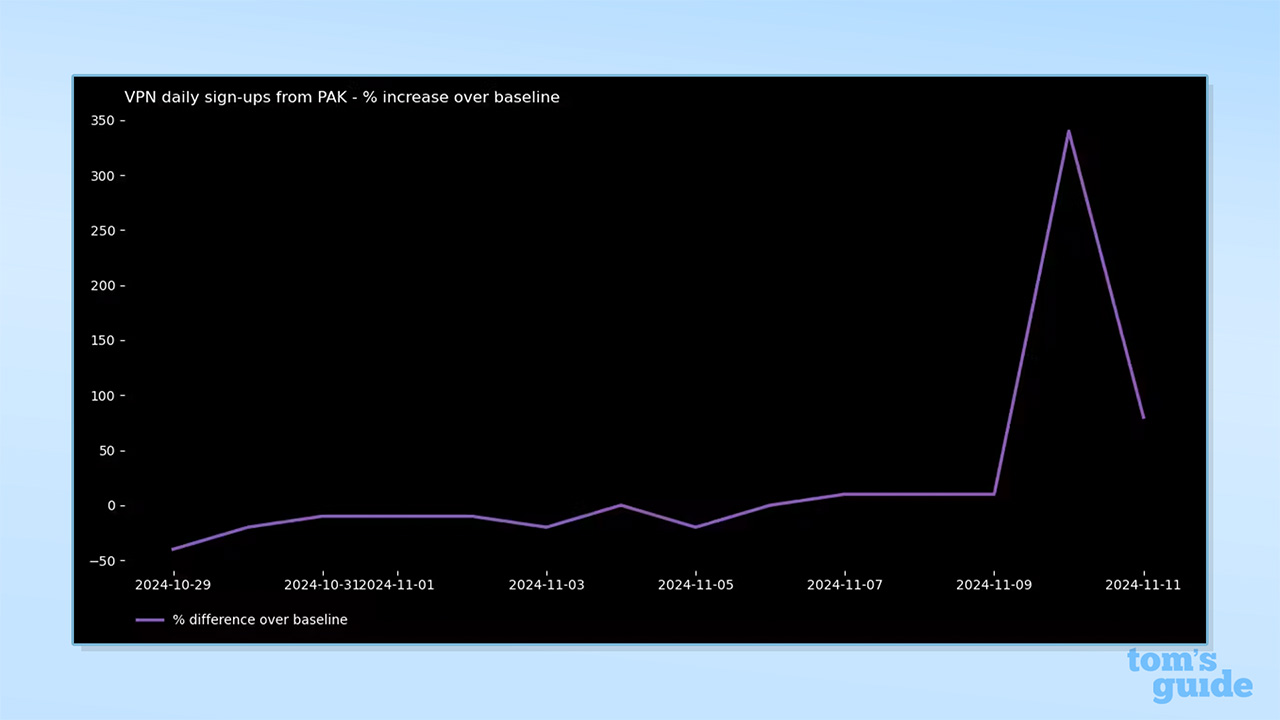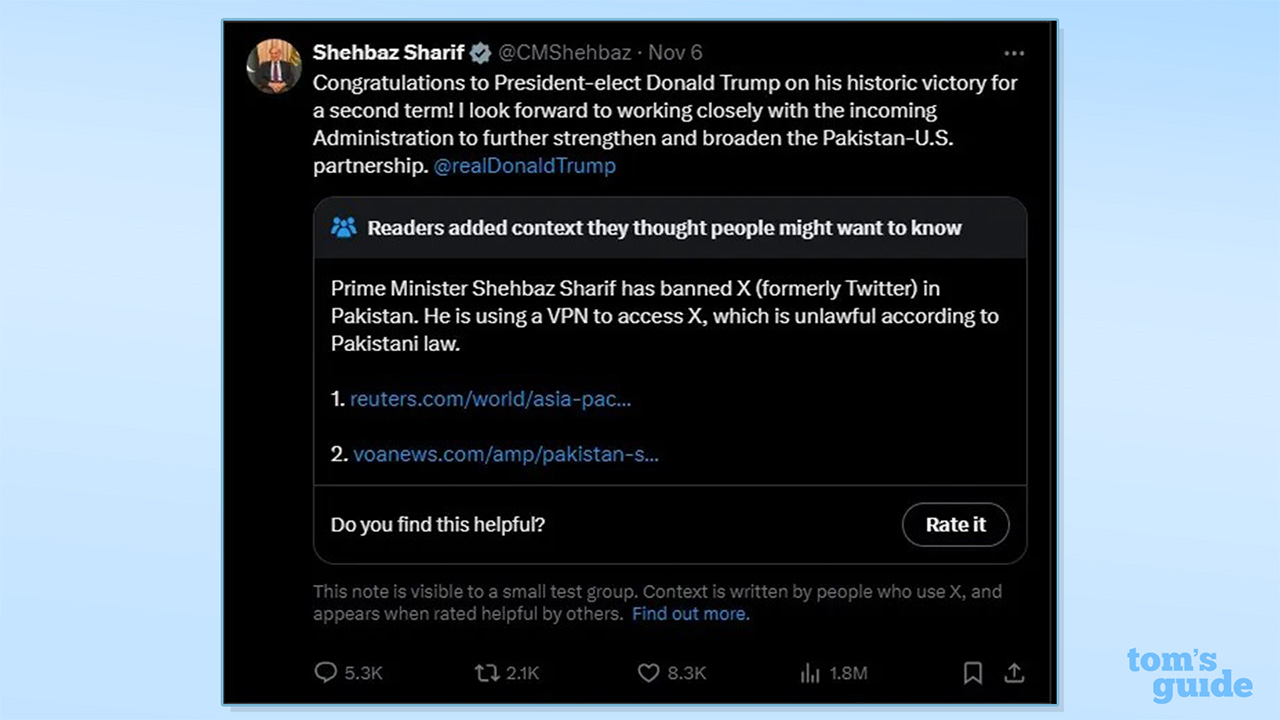Pakistan experiences VPN shutdown – is this a sign of further censorship?
The country has already begun cracking down on VPN usage

Update: On Friday 15 November 2024, The Chairman of the Council of Islamic Ideology (CII) Allama Dr Raghib Naeemi said using VPNs to access "immoral content" was against Sharia and has asked for "illegal VPNs" to be blocked, later declaring them to be "un-Islamic."
The CII advises Pakistan's parliament on aligning legislation with Islamic teachings and has urged users to register their VPNs to ensure traceability and promote responsible use.
The Interior Ministry asked the Pakistan Telecommunications Authority (PTA) to block "illegal VPNs" so that legitimate and registered VPN users are not affected. People have until 30 November to register their VPNs with the PTA.
Many Pakistanis use VPNs to access websites restricted in their country, such as X (formerly Twitter) and to bypass government censorship. Registering VPNs mean users will be tracked and is a further example of a crackdown on VPNs in Pakistan and government suppression.
VPN users in Pakistan reported significant disruptions to services last weekend (9-10 November 2024), with issues relating to connectivity and restricted access being reported. Downdetector reported disruption to TunnelBear VPN and VPN Unlimited but none of the best VPNs appeared to be affected.
The Proton VPN Observatory, run by the developers of one of the most secure VPNs, Proton, reported a spike in VPN usage in Pakistan on 9 November. It recorded a 350% increase in VPN sign-ups in Pakistan over the two days.
Authorities claimed disruptions were brief and due to a glitch in the system, but it has been theorized that this could be a sign of a further wave of crackdowns from Pakistan's government. In February, the government banned social media app X (formerly Twitter) and reports of the Pakistan Telecommunication Authority (PTA) clamping down on VPN usage, aiming to restrict access to X, emerged in August.

One rule for us, one rule for them?
Despite the banning of X in Pakistan, Prime Minister Shehbaz Sharif tweeted his congratulations to Donald Trump following his victory in the US presidential elections. This prompted backlash from the people of Pakistan, given X is banned in the country and Shehbaz was likely using a VPN to access the app.

Pakistan is not the only country experiencing a crackdown on social media and internet use. The Kenyan government has ordered a shutdown of the messaging app Telegram during the days of a national examination, from 18-22 November 2024. VPN usage spiked in Mozambique at the end of October due to social media being blocked following waves of anti-government riots.
Proton VPN data found that in Mauritius, VPN usage rose to 182,890% over the baseline as social media was blocked days before government elections. The block was to last until 11 November, the day after the elections.
"This incident adds to a troubling pattern we see across the globe with more governments implementing sweeping restrictions on internet freedoms," said Lauren Hendry Parsons, Director of Communications & Advocacy at ExpressVPN. "This worldwide shift toward digital authoritarianism undermines the foundation of the open internet and most importantly, our very own rights."
How vital are VPNs?
VPNs encrypt your data, protect your online privacy, and reroute your IP address, making you appear as though you're based in another country and enabling you to access content blocked in your home country.
They are also vital tools for bypassing government restrictions and shutdowns. We are seeing increasing cases of government suppression, which cannot be allowed to become the norm. People have a right to access the internet and use a VPN should they desire. Many countries have very strict VPN laws, China and Russia are clamping down hard on their usage, with Russia recently banning 60 VPNs.
Over 50% of the global population is set to go to the polls in 2024, making it one of the biggest ever years for democracy. However, many of these countries have a history of undermining the rights of their citizens and privacy advocates are fighting to combat this.
Proton is committed to fighting online censorship and advocating for privacy rights. Proton is providing free servers in countries holding elections that have a history of censorship or election tampering, allowing the local population to bypass any potential government censorship and misinformation.

George is a Staff Writer at Tom's Guide, covering VPN, privacy, and cybersecurity news. He is especially interested in digital rights and censorship, and its interplay with politics. Outside of work, George is passionate about music, Star Wars, and Karate.
